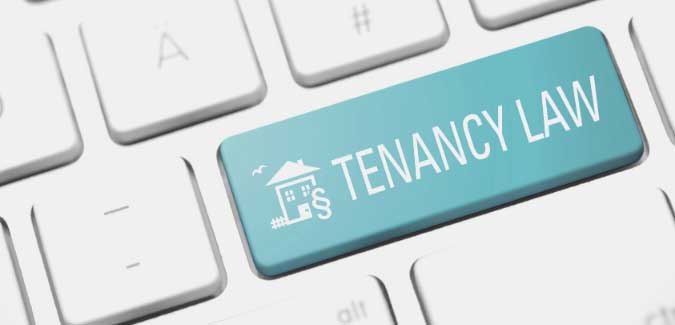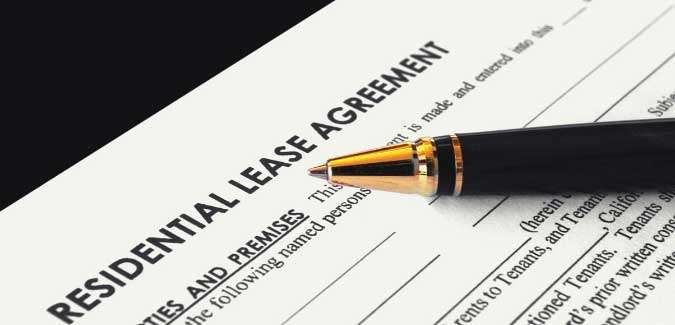Tips Before Buying a Rental Property
If you are in the market for buying a house for yourself or to turn into your own property for rent or sale, there are factors that can change the process. Houses with tenants are one of those factors. Consider some of these tips before you attempt to buy a tenant-occupied house.
I. RIGHTS OF THE TENANT

A lease is something that does not change for a tenant when the owner of the location changes. That means if you buy a property from one landlord, the lease that the tenant signed is still in play, and is linked to the property and their rights to it, not the landlord. When buying a tenant-occupied property, this is a big factor that must be considered, and cannot be changed or violated. No rent increase, no changing the lease, and you cannot remove the tenant before the lease is up.
If you are looking to buy while buying is good, then place an offer on the house that includes the house being vacant, thus placing the task on the seller to figure out how to make the house vacant. The seller has options like breaking the lease, which can be complicated, or even paying the tenant to leave early. This places less on you and more on the seller to take cars of things
You can also go through with buying the property and then breaking the lease yourself, followed by creating a new lease with the current tenants if you want. The tenants do not have to accept your new lease proposal though, so consider this as a somewhat risky move. If possible, get in contact with the tenants at the location before you buy the property and discuss the possibility of a new lease to see if they are open to one.
II. OBLIGATIONS FOR THE LANDLORD

If you purchase a property, remember that the landlord does have obligations to keeping the property habitable as well as the tenants.
- Landlords typically need to keep common areas clean (mainly for areas that have common hallways and staircases).
- Keep the structure of the house in a safe condition which includes things like the roof, walls, flooring, and staircases.
- Make sure appliances like the heater and AC unit, and systems like plumbing and electric are in working order and clean.
- Always make sure that the property has accessible and reliable running water, both hot and cold.
- Make available trash disposal plans.
- Keep the possible toxins in check that may be present on the property.
- Have exterminators remove any pests or vermin that could be damaging the property and putting the tenants in danger.
- Follow other requirements posed by the law of your area.
- Consider other obligations the lease may feature.
III. REVIEW THE LEASE’S TERMS

There is a possibility that the lease has outlined permissions for the owner to terminate the lease if the property is sold or transferred to a new owner. This can grant you permission to have the current vacate once you have purchased the property. If the property is purchased because of a foreclosure, then you can follow the state’s rules and direct the tenant to vacate due to the foreclosing. Also, if you are intending to live on the property yourself instead of renting it out, then you can exercise your right to an owner move-in eviction, or OMI. Rules on the time frame the tenant has to vacate vary by state.
All in all, considering these factors when buying a property can help you make a good decision and keep you from risking losing money on a house you want to live in while it is still occupied, or buying a house that you do not consider to have a profitable lease.


